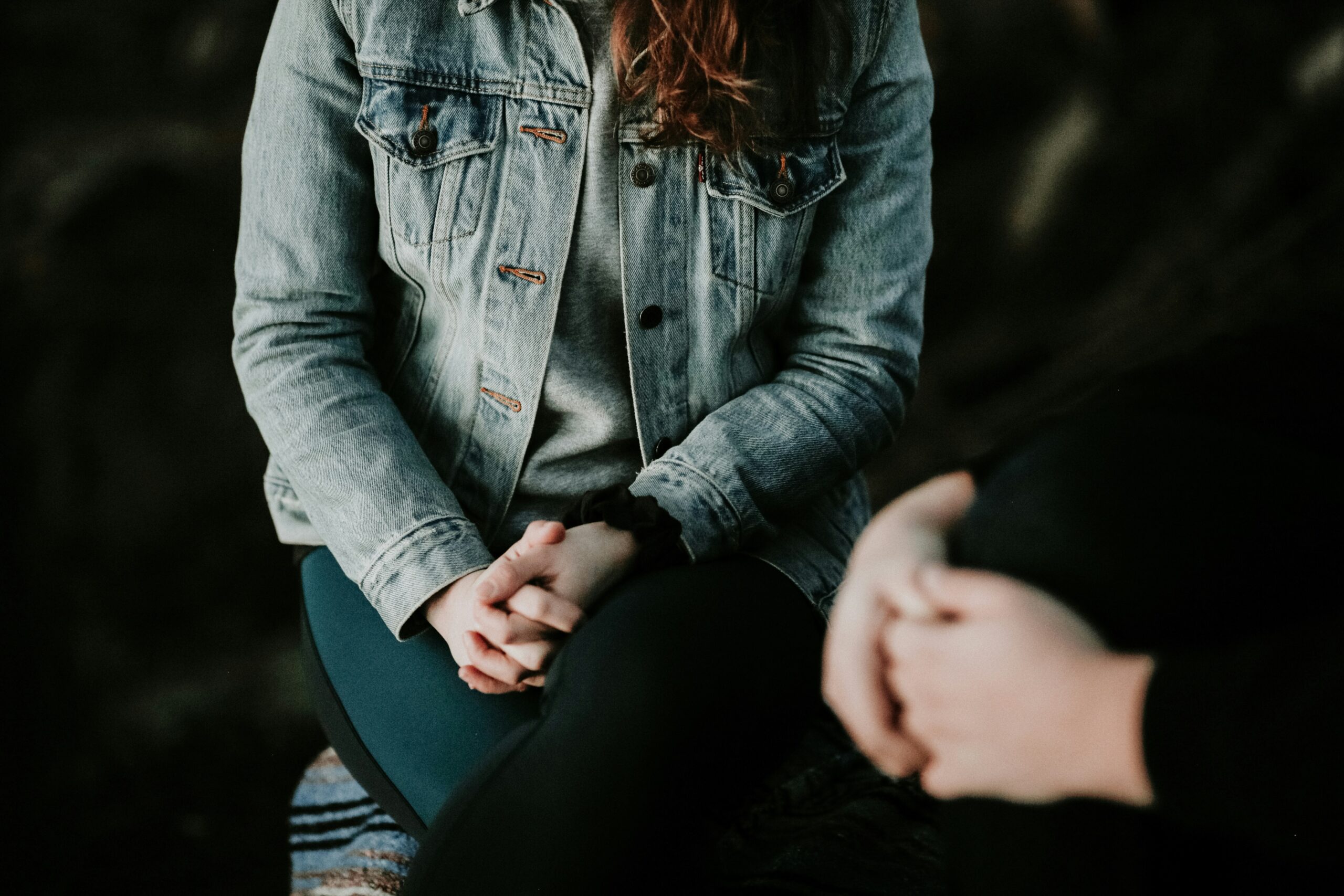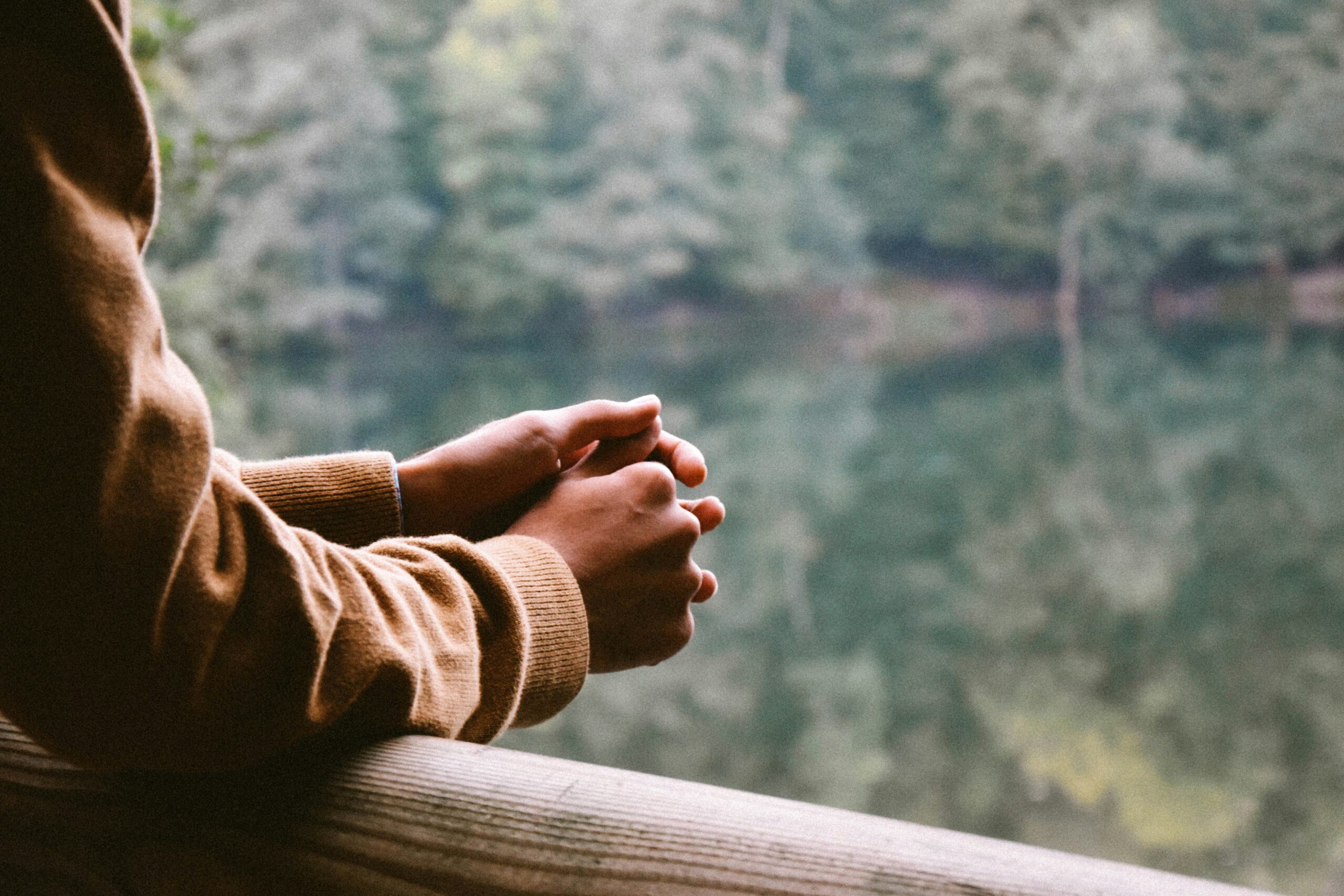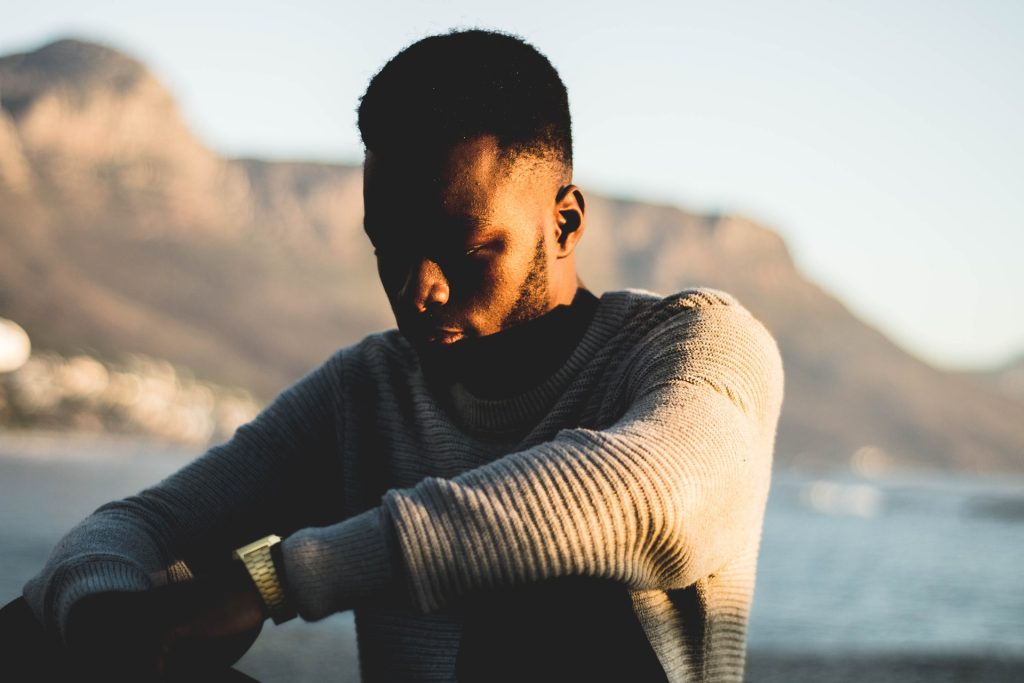Anxiety
Anxiety is a natural response to stress, but when it becomes overwhelming, it can interfere with daily life. Many people experience feelings of nervousness, fear, or unease, but when anxiety becomes persistent or chronic, it can affect both physical and mental health. Fortunately, there are simple tools and techniques that can help manage anxiety and restore balance in your life. In this guide, we’ll explore effective ways to calm your mind, reduce stress, and build healthier habits.


Anxiety is characterised by persistent worry, nervousness, or fear about situations or events, and it can manifest both mentally and physically. It’s important to note that everyone experiences anxiety at some point, whether it’s related to work, school, relationships, or future uncertainties. However, when anxiety becomes more frequent or intense, it may indicate an anxiety disorder. In these cases, professional treatment may be necessary, but many people find relief through self-care practices and lifestyle changes.
Following are the easy techniques to overcome anxiety : Managing anxiety doesn’t have to be difficult. With the right tools, you can reduce its intensity and regain control. Here are some effective and easy techniques:
🔹 Breathing Exercises : Deep breathing is one of the simplest and most effective ways to calm your mind. When you’re feeling anxious, your body enters “fight or flight” mode, which speeds up your heart rate and makes you feel overwhelmed. Deep breathing helps activate your parasympathetic nervous system (your body’s “rest and digest” system), which slows your heart rate and promotes relaxation.
Technique :
Inhale deeply through your nose for 4 counts.
Hold the breath for 4 counts.
Exhale slowly through your mouth for 6 counts.
Repeat this cycle for 5 minutes.
🔹 Mindfulness Meditation : Mindfulness involves focusing on the present moment, without judgment. It allows you to step away from the spiral of anxious thoughts and engage in the here and now. Meditation can help train your brain to respond more calmly to stress.
Try this:
Find a quiet, comfortable space to sit.
Focus on your breath or use a calming mantra (e.g., “I am safe”).
Gently bring your attention back to your breath if your mind starts to wander.
Practice for 10 minutes each day.
🔹 Physical Exercise : Exercise is a powerful tool for reducing anxiety. Physical activity triggers the release of endorphins (the “feel-good” chemicals) and helps relieve muscle tension. It also provides a healthy distraction, allowing you to shift focus away from anxious thoughts.
Try this:
Go for a brisk walk.
Practice yoga or stretching exercises.
Engage in any form of exercise you enjoy for at least 20-30 minutes a day.
🔹 Journaling : Writing down your thoughts and feelings can be a cathartic way to release pent-up anxiety. Journaling allows you to identify patterns in your thinking, recognise triggers, and understand the root causes of your anxiety. It also helps create space between yourself and the overwhelming emotions you might be experiencing.
Try this:
Spend 10-15 minutes writing about what is causing your anxiety.
Focus on expressing your emotions without self-judgment.
Consider ending with a positive affirmation or of what y
🔹 Cognitive Behavioral Techniques (CBT)
Cognitive Behavioral Therapy (CBT) is a proven therapeutic approach for managing anxiety. It involves identifying negative thought patterns and replacing them with more balanced and realistic thoughts. CBT can be done with a therapist, or you can practice some techniques on your own.
Try this:
Challenge negative thoughts: When you catch yourself thinking “I can’t handle this,” replace it with, “I can manage this, and I’ve handled difficult situations before. “Focus on facts, not assumptions: Anxiety often leads to “what if” thinking. Instead of jumping to conclusions, ground yourself in reality.
🔹 Limiting Caffeine and Alcohol
Both caffeine and alcohol can exacerbate feelings of anxiety. Caffeine is a stimulant that can increase heart rate and restlessness, while alcohol may offer temporary relief but ultimately worsen anxiety over time. Reducing or eliminating these substances can help maintain a calmer state.
Try this:
Replace your coffee with herbal teas like chamomile or peppermint.
Limit alcohol consumption, especially before bedtime.
🔹 Sleep Hygiene
Lack of sleep can increase anxiety and stress levels, while a restful night’s sleep can significantly reduce them. Establishing a consistent sleep routine is crucial for mental and emotional well-being.
Try this:
Stick to a regular sleep schedule.
Avoid screens (phone, TV, computer) at least an hour before bed.
Create a relaxing bedtime routine (e.g., reading, listening to calming music).
Other Ways to Manage Anxiety
🔹 Social Support: Talking to someone you trust can help relieve anxiety. Consider reaching out to friends, family, or a counsellor.
🔹 Limit Stressors: If possible, reduce exposure to anxiety-provoking situations. Setting boundaries and saying no when necessary is essential for your mental health.
Professional Help: If your anxiety is severe or long-lasting, it’s worth speaking to a therapist or contact us I provide specialised treatment.
Conclusion : While anxiety is a common part of life, it’s important to recognize when it becomes unmanageable. By using simple tools like deep breathing, mindfulness, and physical exercise, you can regain control over your anxiety and improve your mental well-being. Remember, everyone’s journey is different—what works for one person may not work for another. Experiment with these techniques and find what helps you feel calm and balanced.

(Free Consultation)
Begin Your Healing Journey Today – A Safe Space to Heal, Grow, and Thrive.